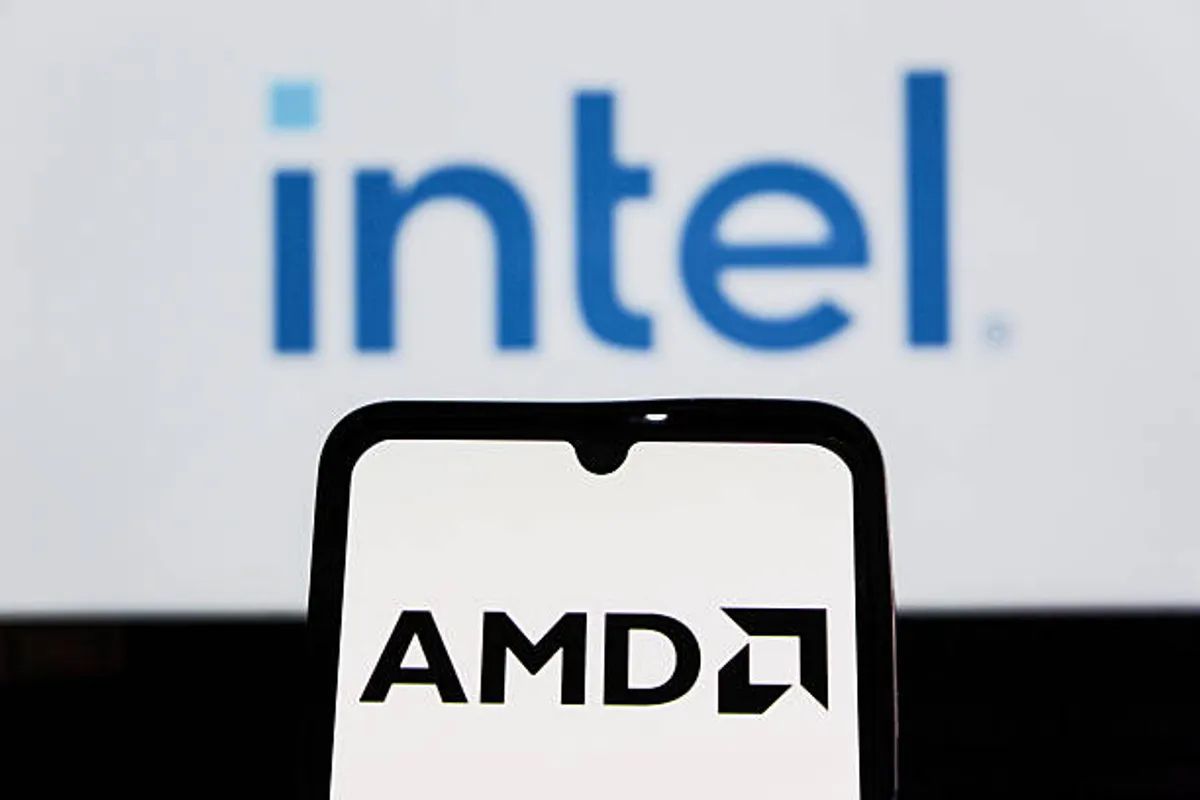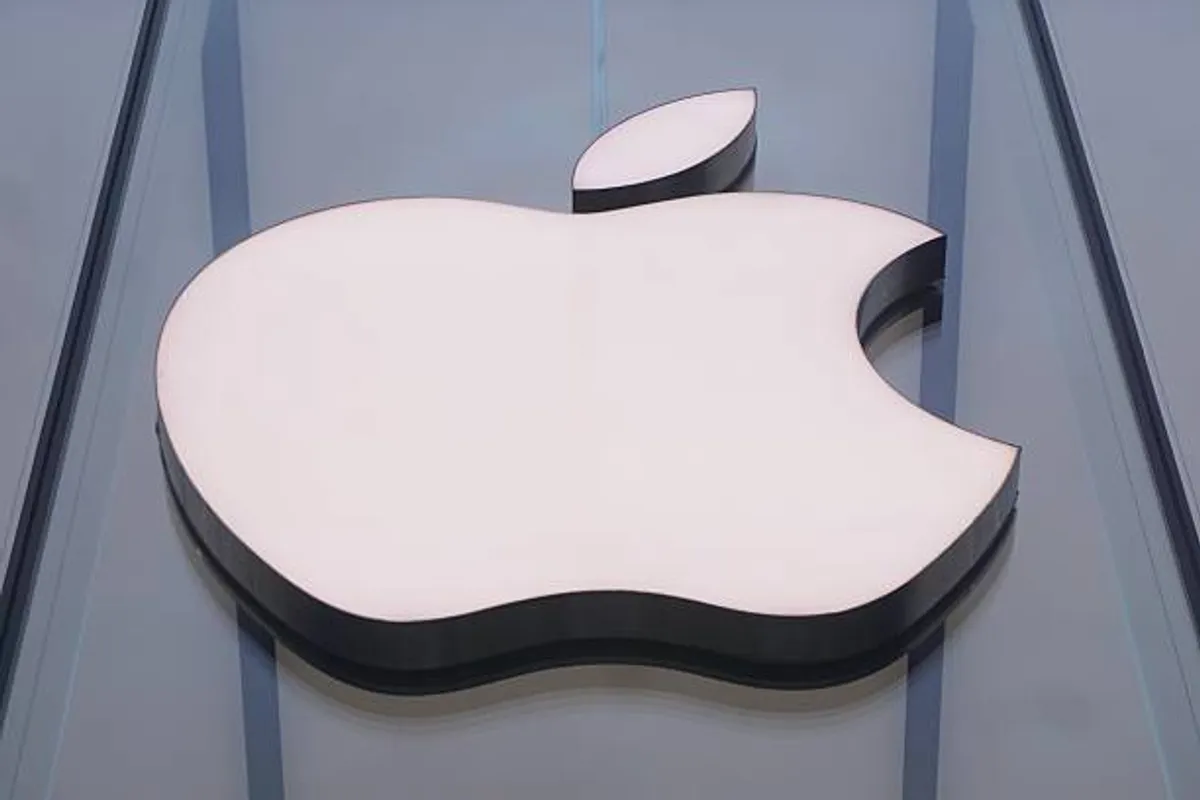Alibaba Rolls Out AI Chatbot in Consumer Push

GeokHub

Earlier today, Alibaba launched a new artificial intelligence chatbot integrated into its consumer app Quark, signaling a renewed front in its push toward everyday users. The service, unveiled as free for text and voice interactions, marks a shift for Alibaba—whose prior AI efforts have leaned heavily toward enterprise services.
Built on Alibaba’s Qwen3 AI models, the chatbot offers enhanced reasoning, contextual understanding, and interactive capabilities. Alibaba positions it as a more capable assistant than its earlier AI offerings, seeking deeper engagement with end users through search, conversation, and real-time service features.
Quark, formerly a browser, has in recent months transformed into a flagship consumer app for Alibaba. The firm has rebranded and upgraded it to include advanced AI features such as contextual search, conversational interfaces, and now this chatbot assistant. The move is intended to attract more non-ecommerce traffic and user stickiness.
The rollout pits Alibaba directly against entrenched consumer AI players. Its previous efforts—including the Tongyi AI assistant—did not gain significant traction. In September, Tongyi had about 6.96 million monthly active users, trailing major rivals like ByteDance’s Doubao (≈150 million users) and Tencent’s AI tools (≈64 million users). Alibaba’s new initiative thus comes at a critical moment, as it tries to bridge the gap in consumer adoption.
Alongside the chatbot, Alibaba also announced preorders for its Quark AI Glasses, beginning from midnight on the week’s Friday through its Tmall platform. These smart glasses are priced at 4,699 yuan (roughly $660) and will begin shipping in December. The wearable is fully expected to tie into Alibaba’s broader AI and mobile ecosystem ambitions.
Analysts view the move as a long-term bet: Alibaba is aiming not just to sell products, but to embed itself deeper into daily life through AI experiences. Success will depend on whether its chatbot can match the conversational sophistication of rival products, how developers build into it, and the speed with which its wearable integrates.
As Alibaba shifts more of its AI focus toward consumer domains, the coming months will be a test of whether it can break the dominance of existing consumer AI platforms while scaling its ambitions in the cloud and enterprise sectors.








